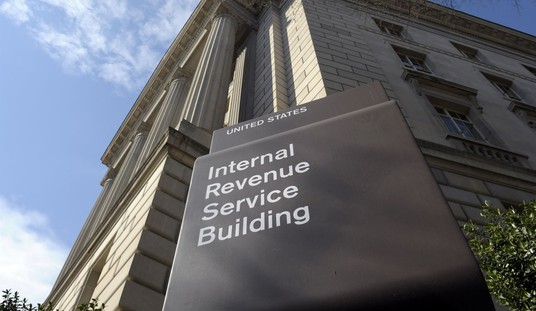The family court systems in both the United States and Canada are supposed to adjudicate fairly when families face strife and dissolve. The courts are supposed to take the interests of both parents into account and they are supposed to look out for the interests of the children involved. In an ideal world, this is what would happen.
But we do not live in an ideal world.
Are family courts places where justice and fairness are meted out, or are they enablers of bias, abuse or even fraud?
Everyone agrees, and statistics bear out, that children who have both parents involved in their upbringing tend to fare better than those who do not. Children in fatherless homes are statistically more prone to become involved in crime, less productive as citizens, and are more prone to depression and even suicide than children who have both their mother and father involved in their lives.
Family courts tend to lean toward granting custody to mothers over fathers: Just 1 in 6 U.S. divorce cases grant fathers exclusive custody. Put another way, more than 82% of custodial parents after divorce are mothers. Why are outcomes so consistently lopsided? An investigation may provide needed answers.
The very nature of the adversarial court system may be encouraging an insidious form of child abuse, called parental alienation.
Parental alienation involves the idea that one parent, through his or her conduct or negative feelings towards the other parent, has influenced their child to the point that the child actually rejects the other parent. Family court may exacerbate parental alienation, as parents seek advantage in custody and financial support during divorce proceedings.
Make no mistake what happens when parental alienation occurs. A child, who may previously have had a perfectly normal and loving relationship with both parents, is put in the position of being forced to choose one and reject the other, often through manipulation. When parental alienation occurs adults are often deceiving their children to reject and even hate a parent they love.
Recommended
Child psychiatrist Dr. Sol Goldstein says of parental alienation, "It's actually the worst form of child abuse." The doctor of four decades-worth of experience adds, "It's causing distortions in the mind," and "...these distortions also work on the character, it alters the character of the child, so later on they have difficulties of every level of interpersonal relationships and personal thoughts about themselves. It's the most awful form of abuse and has to be recognized as such."
Imagine: You loved your children and cared for them as all good parents do. But now your child will not speak to you. Will not even look at you. Will have nothing to do with you. Very little you say or do makes any difference or wins their trust back. Many parents face this every day because the family court system can pit parent against parent.
Parents warring against each other, attorneys in a $50 billion a year industry seeking paydays, indifferent courts, dishonesty and manipulation can all turn innocent children into battlefields. This can have long-lasting, even lifelong effects, on the children thus abused, rendering them scarred emotionally and psychologically.
Parental alienation is just one part of a possibly broken family court system that bears investigating.
Paternity fraud is another. Paternity fraud occurs when a mother falsely claims a man is the father of her child on birth certificates or other legal proceedings even though she knows he may not be the biological father. It is sometimes done for the purpose of obtaining child support or other benefits. In any other court but family court, such fraud would never be tolerated. But even in our time of ubiquitous DNA testing, paternity fraud still occurs. In the infamous County of Los Angeles vs Navarro case in the 1990s, the county court held a man responsible for child support even after he proved through DNA that he was not the children’s father. He eventually won on appeals years later, only for the county to try to have his case depublished.
The California Supreme Court eventually ruled Los Angeles County could not do that, but this begs the question: Why was the county family court so hell-bent on saddling a man for child support when he had scientifically proven he was not the father? Why did it take a state supreme court ruling to rein in the family court? Why wasn’t fraud treated as such by the county court in the first place?
From many different angles, almost any angle you approach it, the family court system seems broken, biased, and should be thoroughly investigated. This massive, multi-billion industry must be examined.
That’s what a Kickstarter film project hopes to do. “Man Down! A Closer Look at Family Court” seeks to raise about $192,000 U.S. (about $250,000 Canadian) to investigate the family court systems in at least two countries, the United States and Canada. "I have friends and family who have gone through painful divorces and I'm motivated, now more than ever, to do something about it," says the film's director, V. Seeterram.
Are family courts enabling abuse? Are they biased? Do they enrich lawyers at the expense of vulnerable children? Can our family courts be repaired?
Producers pledge the film will get to the bottom of many of these issues, once and for all.






















Join the conversation as a VIP Member